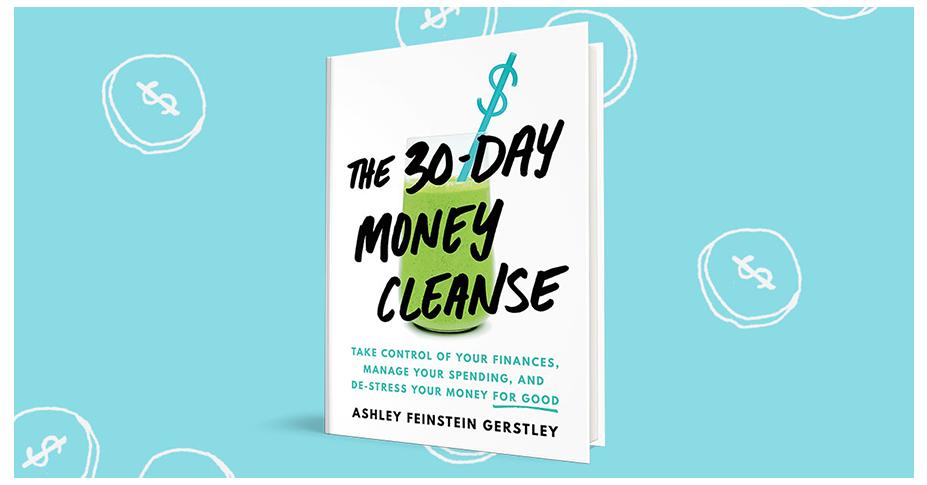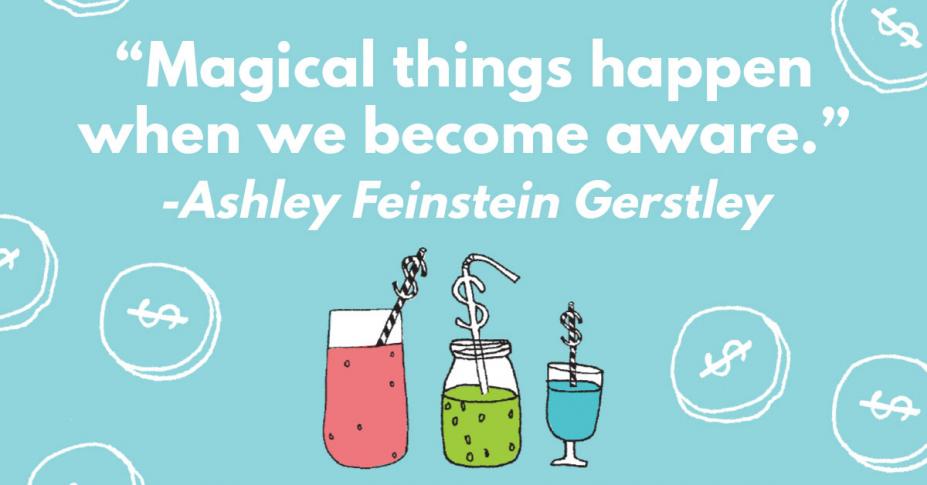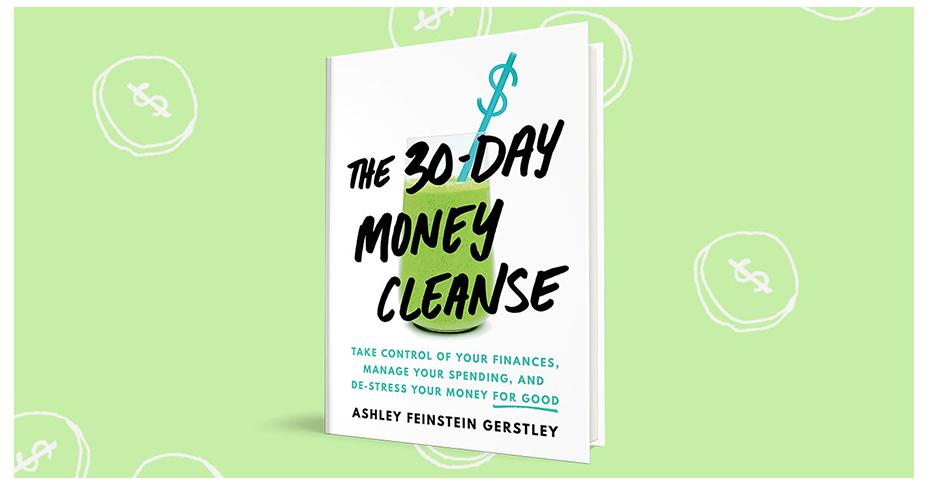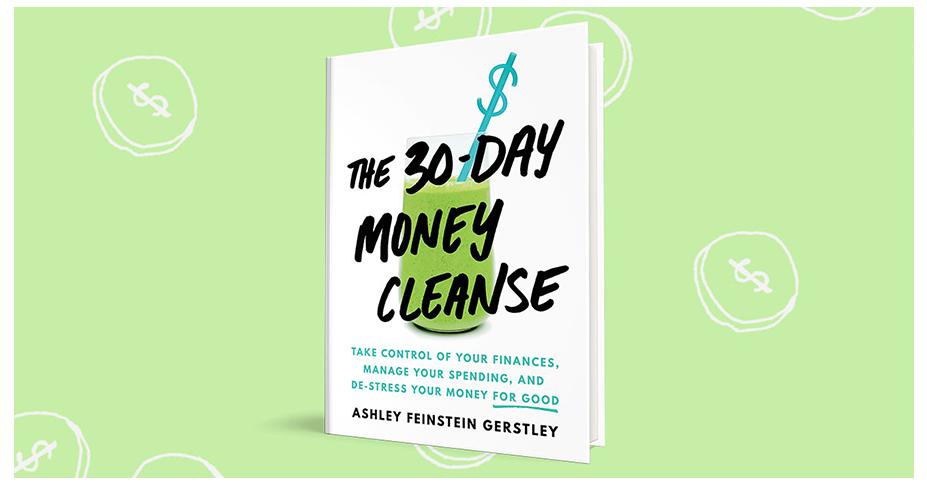3 Tips to Finally Start Saving
The most common complaint I hear about money is “I don’t live an extravagant lifestyle. I don’t go on shopping sprees or luxurious vacations. Where is my money going!? There’s never any money left over to save.”
Most of us didn’t learn about personal finance in school, and that puts us at a major disadvantage. Even after we learn what we should do and want to be doing with our money, we often don’t do it. It’s much more tied to our emotions and habits than we give it credit for - just like with food.
The math around food and money is similar and actually quite simple. Dollars in minus dollars out equal saving, losing money, or staying the same. Calories in minus calories out equals weight loss, weight gain, or staying the same.
If it were actually that simple, there wouldn’t be a billion dollar dieting industry - and we’d be a lot less stressed about money!
One of the reasons it’s difficult to save is that we think about saving money all wrong. Most of us earn money, use that money to pay our bills and live our lives, and then wait to see what’s leftover at the end of the paycheck or month. The bad news is, there’s usually no money left over to save.
We think the answer is to earn more money. I’ve thought this many times. Then I got a raise and expected there to be money left to save but there wasn’t. The irony is that I couldn’t point to big meaningful changes in my lifestyle, but the money just got taken up with more of the same.
One of the reasons this happens is Parkinson's Law. It’s the idea that things take up as much space we give them. It’s why our junk drawer always fills up, meetings take exactly as long as is allotted in the calendar (even if there is only one agenda item!), and you guessed it - our expenses always fill what’s in our bank account.
Most of us will have to make some shifts in order to start meaningfully saving. The good news is that they aren’t hard, it just takes thinking about saving in a different way and setting up a system.
Here are three tips to finally start saving that no one tells us.
1. Get it out of sight, out of mind.
The first thing you want to do is create a separate space for our savings. You want it out of sight and out of mind. When we have a checking account linked to our savings account within the same bank, it’s all too easy to transfer the money over on a whim.
We also can’t help but notice it when we login to check our checking account balance. The money is available and for most of us, and that means it won’t stay in savings for long. There are a few unicorns who are able to keep their savings in the same bank connected with their checking, but for most of us, it just doesn't work.
I’m a big fan of online savings accounts for this reason. The money is available to us (transfers typically take 2-5 days) but it’s not top of mind. They also earn a much better interest rate than our accounts with brick and mortar banks. This means our savings will be growing! And they’re free.
So the first thing you can do to finally start saving is to open an online savings account.
2. Set it up to be automatic.
The next important piece of this is that you want to pay yourself first. What doesn’t work about how we typically save is that we pay everyone else first. We pay our bills, pay for our food and other lifestyle expenses, and even get other people gifts. By the time we’re ready to pay ourselves, there’s nothing left.
You can shift this paradigm by paying yourself first. You do this by setting up an automatic transfer to your online savings account each week, month, or paycheck. When something transfers out of your account automatically, you’re treating it like any other recurring expense or bill. You’re treating it like a top priority expense, which it should be!
We work for the money we earn, we deserve to get paid! It’s ironic that we always pay ourselves last.
3. Don’t be afraid to start small.
It’s really exciting and empowering to decide to pay ourselves first but next we have to figure out how. When we’re paying ourselves last, most of us aren’t saving. We’re living paycheck to paycheck or even if we’re not, we’re not putting aside money into savings.
Deciding to pay yourself first is like taking on another bill. It’s as if your taxes went up or you added a recurring subscription to your expenses. Those things tend to figure themselves out or you adjust for them in your spending elsewhere.
If you’re unsure of whether or not you’ll be able to save anything, don’t be afraid to start small. Set up an automatic transfer for five dollars per week or per paycheck. Then set a reminder to check in with the account after a few cycles. If you didn’t miss it, you can up the ante and increase your automatic transfer.
One of the most exciting parts of this process, no matter how small the amount, is the mindset shift that you are a saver. Once you have this transfer set up, you are someone who saves.
Sometimes we don’t start saving because we think the contributions we can make are too small to make a difference. But our progress isn’t linear. Small steps build momentum and exponential results. Don’t be afraid to start small and build from there.
In Conclusion.
How we traditionally try to save money isn’t working for the majority of us. We want to shift the paradigm and start paying ourselves first. You can do this by creating a space outside of your checking accounts in an online savings account, and setting up an automatic transfer each week, month, or paycheck. As this is a new habit and way of thinking for many of us, you'll want to start with something that feels very manageable and build from there.
For more, here’s a free guide on how to save $1,000 this month.




